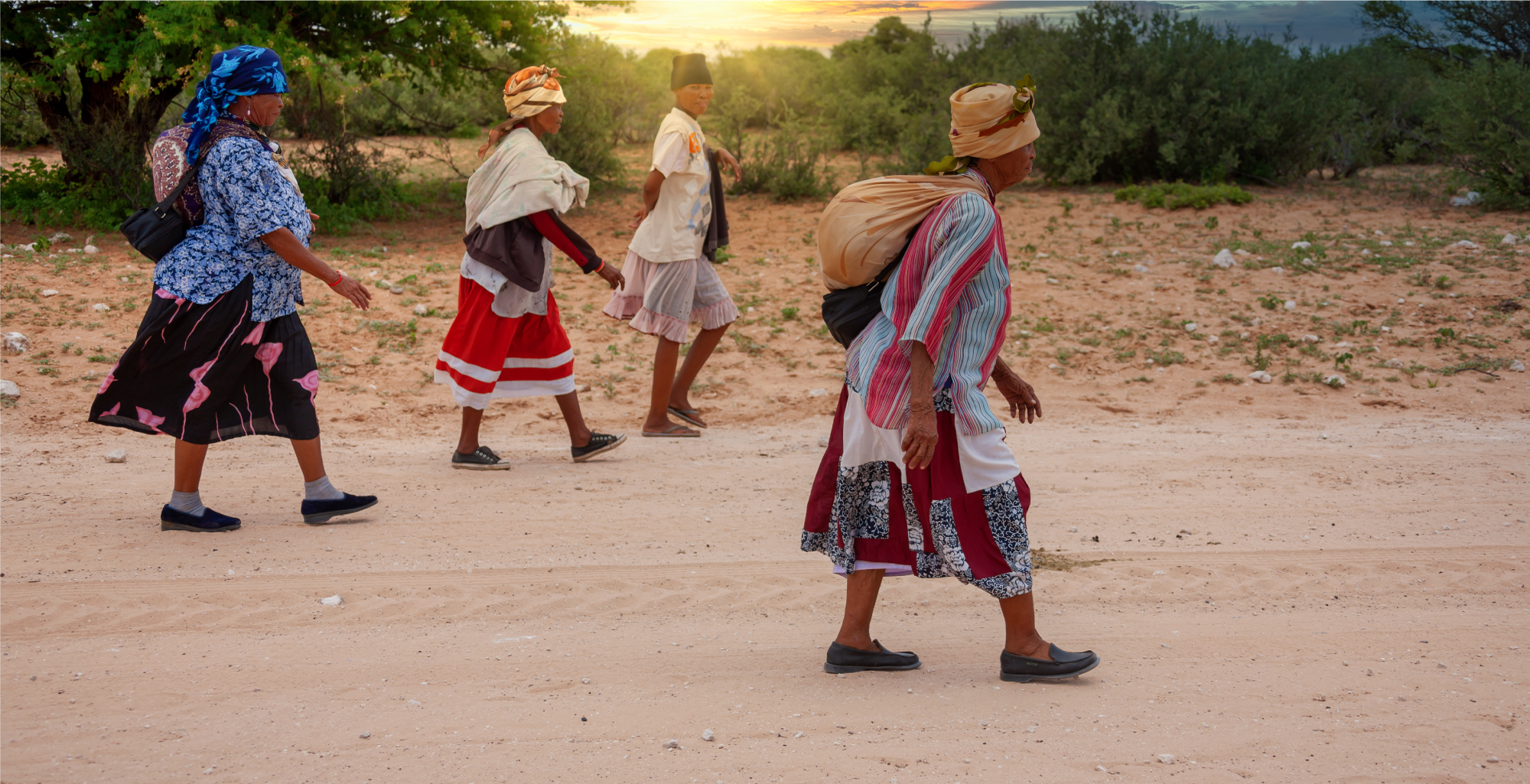
The United Nations estimate that an additional $360 billion is needed every year to achieve gender equality. Without appropriate action and investment in their economic empowerment, over 340 million women and girls – more than the entire population of the United States – could be living in extreme poverty by 2030.
This is why the global community has dedicated this year’s International Women’s Day to the theme “Invest in women: Accelerating progress”, calling governments to prioritise gender-responsive financing and increase public spending on essential services and social protection.
Through our REINVENT programme – funded by the UK’s Foreign, Commonwealth and Development Office – Tetra Tech International Development Europe is supporting Kenya’s efforts to address the various communal and national barriers to progress and female empowerment. Today, Jaki Mbogo, Chief of Party and the driving force behind REINVENT’s success, puts a spotlight on how the team has worked to place gender at the heart of budgeting, policy development and decision-making across the Government of Kenya.
When governments talk about development, they often think that the biggest budgets should go into infrastructure. But that notion is changing. Communities and County governments are beginning to shift their focus to social development, such as maternal health, water and nutrition. They are realising, for example, that in order to offer protection and safe houses to survivors of sexual and gender-based violence, you need to integrate that survivor-centred perspective into your budget planning and mainstream the needs of women and girls into the development discourse of the government.
On REINVENT, we have therefore forged strategic partnerships at all levels: with key government actors at the national level – through the National Gender Equality Commission – at the regional level with the North Rift Economic Bloc, and at county level through the Wajir County Assembly. These partnerships are crucial to drive forward gender-responsive budgeting in government agendas.
Investing in leadership
To achieve gender equality, we must address the barriers that prevent progress. These barriers are diverse and can be the result of socialisation, cultural norms or issues that have to do with the exclusion of women, especially in some of the communities where culture and religion marginalise women a lot. So we want to build empowerment and raise awareness around these problems – but we also want to challenge these normative values.
In many communities in North-Eastern Kenya, for example, women have not been in political leadership roles for a very long time. We invested in training sessions that taught women how to build coalitions and win the comradeship of other women that would vote for them, and to navigate the terrain of the cultural barriers that come with aspiring to step into leadership spaces. But the biggest drawback for women to do so is because they fear violence. They get slandered online and then move back – they ought not to go into politics, they ought not to even engage.
So for us, investing in addressing violence, making sure that women are not just seen as survivors but also as a potential resource that can be mobilised to prevent and mediate conflict, is core to breaking down these barriers and accelerating the progress of gender equality.
Empowering lasting change
We also trained elected women legislators on the fundamentals of gender-responsive budgeting, together with the National Gender Equality Commission and our local partner, Raia Development Initiative. The training empowers these legislators to effectively advocate for the allocation of county assembly resources to:
a) Finance annual workplans for gender mainstreaming
b) Actively participate in budget processes and
c) Ensure funds are allocated to initiatives that aim to break down barriers to gender equality.
As we reflect on the importance of International Women’s Day, it’s clear that there is still a lot of work to do. But as we continue our fight for gender equality, let’s remember that everyone wins when women have equal rights – because investing in a woman is investing in a nation.